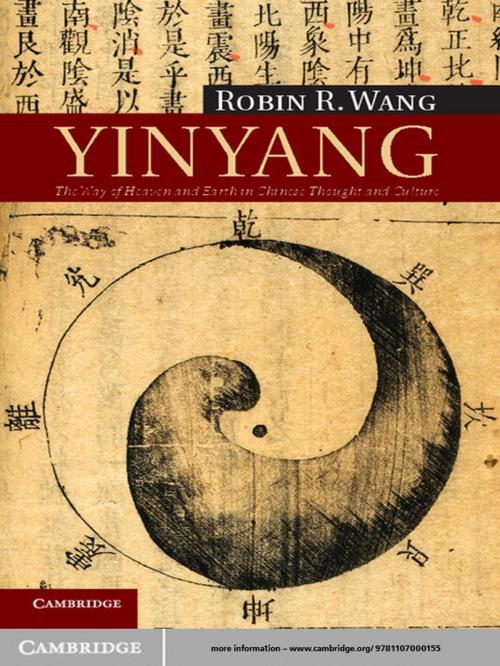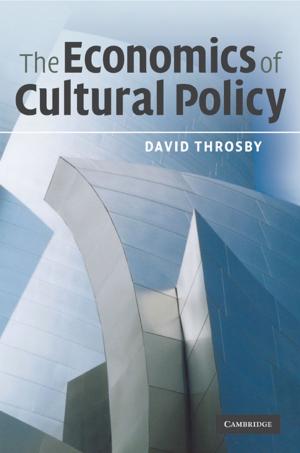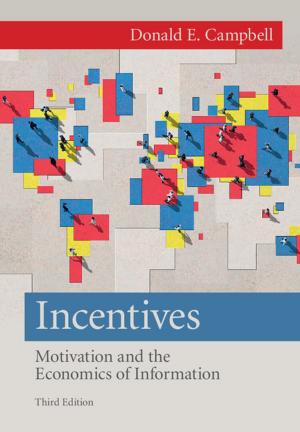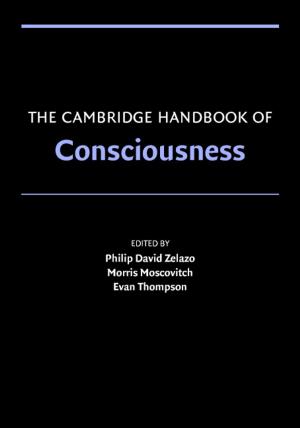Yinyang
The Way of Heaven and Earth in Chinese Thought and Culture
Nonfiction, Religion & Spirituality, Philosophy, Eastern, History| Author: | Robin R. Wang | ISBN: | 9781139539692 |
| Publisher: | Cambridge University Press | Publication: | September 24, 2012 |
| Imprint: | Cambridge University Press | Language: | English |
| Author: | Robin R. Wang |
| ISBN: | 9781139539692 |
| Publisher: | Cambridge University Press |
| Publication: | September 24, 2012 |
| Imprint: | Cambridge University Press |
| Language: | English |
The concept of yinyang lies at the heart of Chinese thought and culture. The relationship between these two opposing, yet mutually dependent, forces is symbolized in the familiar black and white symbol that has become an icon in popular culture across the world. The real significance of yinyang is, however, more complex and subtle. This brilliant and comprehensive analysis by one of the leading authorities in the field captures the richness and multiplicity of the meanings and applications of yinyang, including its visual presentations. Through a vast range of historical and textual sources, the book examines the scope and role of yinyang, the philosophical significance of its various layers of meanings and its relation to numerous schools and traditions within Chinese (and Western) philosophy. By putting yinyang on a secure and clear philosophical footing, the book roots the concept in the original Chinese idiom, distancing it from Western assumptions, frameworks and terms, yet also seeking to connect its analysis to shared cross-cultural philosophical concerns.
The concept of yinyang lies at the heart of Chinese thought and culture. The relationship between these two opposing, yet mutually dependent, forces is symbolized in the familiar black and white symbol that has become an icon in popular culture across the world. The real significance of yinyang is, however, more complex and subtle. This brilliant and comprehensive analysis by one of the leading authorities in the field captures the richness and multiplicity of the meanings and applications of yinyang, including its visual presentations. Through a vast range of historical and textual sources, the book examines the scope and role of yinyang, the philosophical significance of its various layers of meanings and its relation to numerous schools and traditions within Chinese (and Western) philosophy. By putting yinyang on a secure and clear philosophical footing, the book roots the concept in the original Chinese idiom, distancing it from Western assumptions, frameworks and terms, yet also seeking to connect its analysis to shared cross-cultural philosophical concerns.















